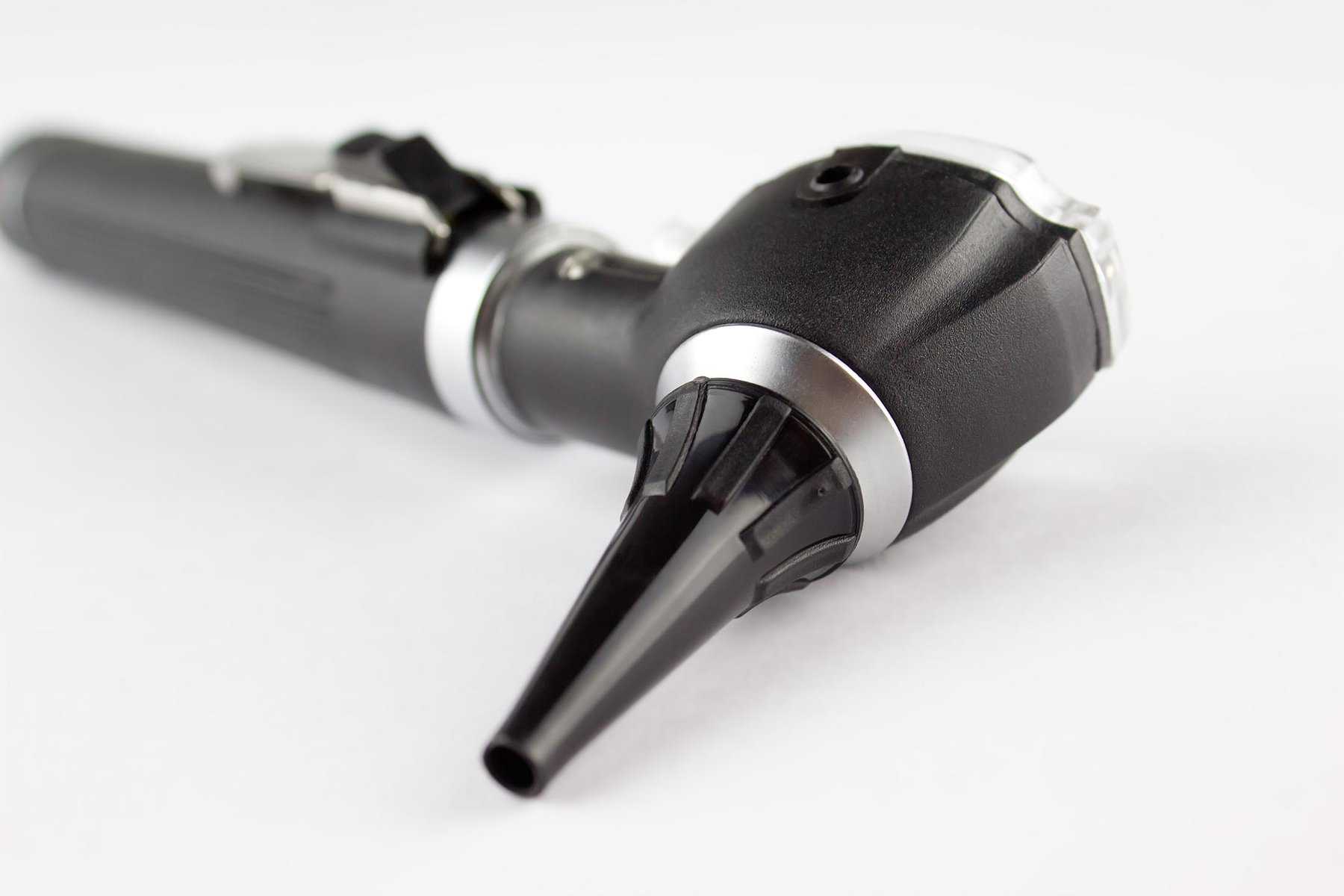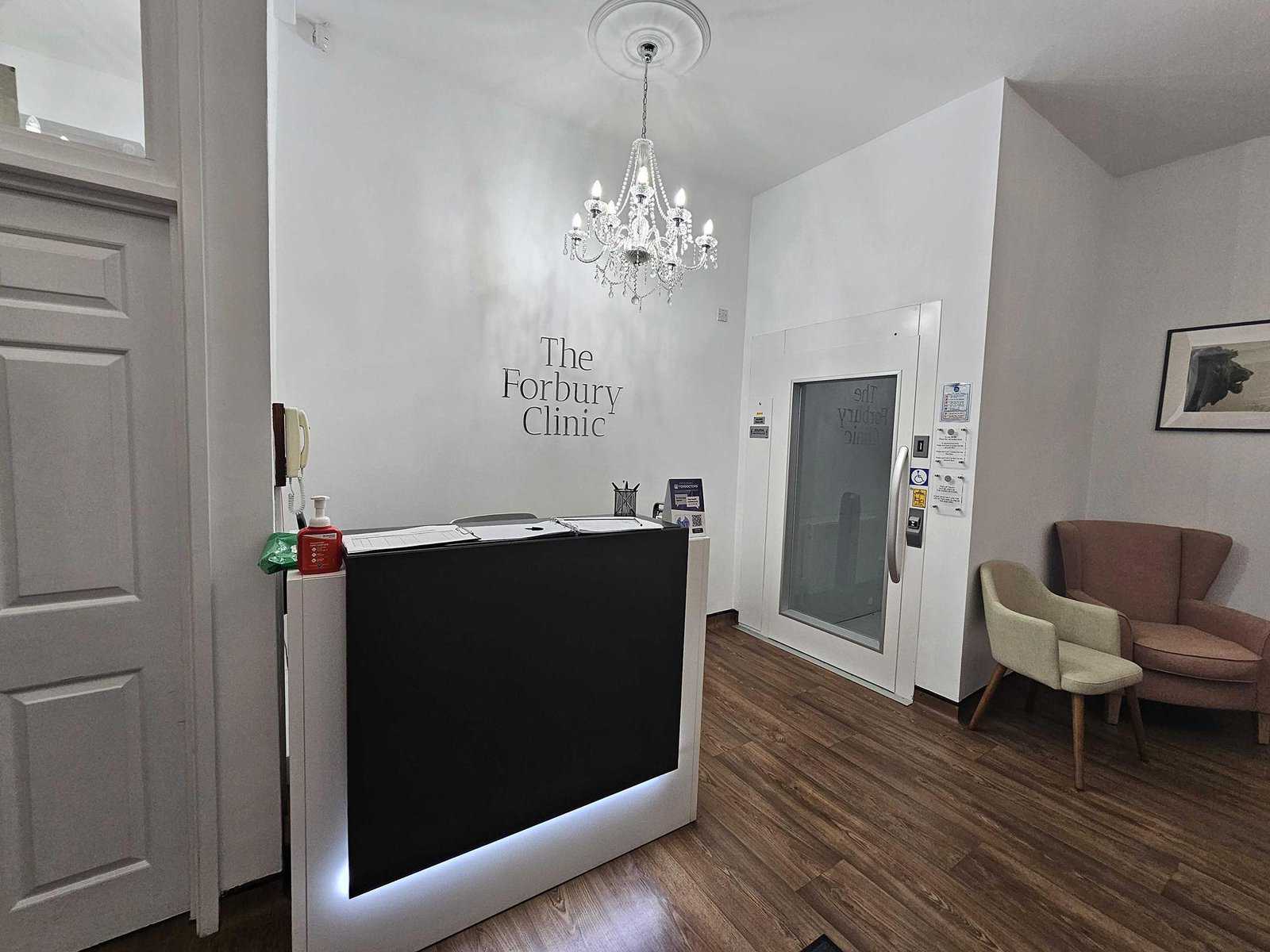Comprehensive Treatment for Deafness
Restore your hearing with expert care at The Forbury Clinic. Submit an enquiry for a consultation today.

Overview
Deafness, or hearing loss, can significantly impact one’s quality of life, affecting communication, social interactions, and overall well-being. Addressing hearing loss promptly is crucial for maintaining a high quality of life. At The Forbury Clinic, we specialise in diagnosing and treating various types of hearing loss with advanced techniques and compassionate care. Contact us today to learn more and schedule your a consultation.


What is Deafness?
Deafness, or hearing loss, refers to the partial or complete inability to hear sounds in one or both ears. It can range from mild to profound and can be caused by a variety of factors. Common symptoms include difficulty understanding speech, frequently asking others to repeat themselves, needing to increase the volume on electronic devices, and a feeling of fullness or ringing in the ears. Recognizing these symptoms and seeking early intervention can help manage hearing loss effectively and improve overall quality of life.
Causes and Risk Factors
Causes
Hearing loss can be caused by several factors, including:
Age-Related Hearing Loss (Presbycusis):
Gradual hearing loss that occurs as part of the ageing process.
Noise-Induced Hearing Loss:
Damage caused by exposure to loud noises.
Genetic Factors:
Inherited conditions that affect hearing.
Infections:
Chronic ear infections or illnesses such as measles and mumps.
Ototoxic Medications:
Certain medications that can damage the ear.
Earwax Build-Up:
Blockage caused by excessive earwax.
Risk Factors
Age:
Hearing loss is more common in older adults.
Exposure to Loud Noises:
Frequent exposure to loud sounds can damage hearing.
Family History:
Genetic predisposition to hearing loss.
Medical Conditions:
Diseases such as diabetes or cardiovascular conditions that affect blood flow to the inner ear.
Occupational Hazards:
Jobs that involve regular exposure to loud noises.
Diagnosis
Diagnosing hearing loss involves a comprehensive evaluation at The Forbury Clinic. The diagnostic process includes:
- Medical History and Physical Examination: Discussing symptoms and medical history with a specialist.
- Hearing Tests: Conducting audiometric tests to assess the degree and type of hearing loss.
- Otoscopy: Using an otoscope to visually inspect the ear canal and eardrum.
- Imaging Tests: MRI or CT scans may be used to identify structural issues within the ear.
These diagnostic tools ensure a thorough and accurate diagnosis, allowing for effective treatment planning.

Treatment Options
At The Forbury Clinic, we offer a range of treatment options for hearing loss, tailored to each patient’s specific needs.
- Non-Surgical Treatments
- Surgical Options
- Innovative Treatments
Hearing Aids:
Devices that amplify sound to improve hearing.
Assistive Listening Devices:
Tools such as amplified telephones and alerting devices.
Medications:
Treating underlying conditions such as infections that may be causing hearing loss.
Cochlear Implants:
Devices implanted into the ear to provide a sense of sound to individuals with severe hearing loss.
Bone-Anchored Hearing Systems:
Devices that transmit sound through bone conduction for those with conductive hearing loss.
Surgical Repair:
Procedures to correct structural issues such as perforated eardrums or ossicular chain reconstruction.
Advanced Hearing Aid Technology:
Utilising the latest advancements in hearing aid technology for improved sound quality and comfort.
Comprehensive Audiology Services:
Providing ongoing support and adjustments to ensure optimal hearing aid performance.
Managing Deafness
Managing hearing loss involves a combination of medical treatments and supportive strategies:
Regular Hearing Assessments:
Scheduling regular check-ups to monitor and manage hearing loss.
Protecting Your Hearing:
Using ear protection in noisy environments to prevent further damage.
Communication Strategies:
Learning techniques such as lip reading and using visual cues to enhance communication.
Support Groups:
Joining support groups for individuals with hearing loss to share experiences and coping strategies.
These management strategies complement medical treatments and provide a holistic approach to improving hearing health and overall well-being.
Complications and Prognosis
Complications
- Social Isolation: Difficulty in communication can lead to social withdrawal and isolation.
- Cognitive Decline: Untreated hearing loss has been linked to an increased risk of cognitive decline and dementia.
- Emotional Impact: Hearing loss can cause frustration, anxiety, and depression.
Prognosis
With appropriate treatment and support, individuals with hearing loss can lead fulfilling lives. Early intervention can significantly improve hearing and communication abilities, enhancing the overall quality of life. Regular follow-ups ensure ongoing support and adjustment of treatment strategies as needed.


Why Choose The Forbury Clinic?
Choosing The Forbury Clinic for your hearing loss treatment ensures you receive exceptional, patient-centred care from a team of experienced specialists. Our clinic is renowned for its expert medical staff, who are dedicated to providing precise diagnoses and effective treatments tailored to each patient’s needs. We utilise cutting-edge technology and the latest medical advancements to offer innovative solutions for hearing loss and other ENT conditions. Our compassionate approach prioritises your comfort, privacy, and overall well-being, ensuring a supportive environment. With comprehensive diagnostic and therapeutic services, The Forbury Clinic is committed to helping you achieve optimal hearing health and a better quality of life.
